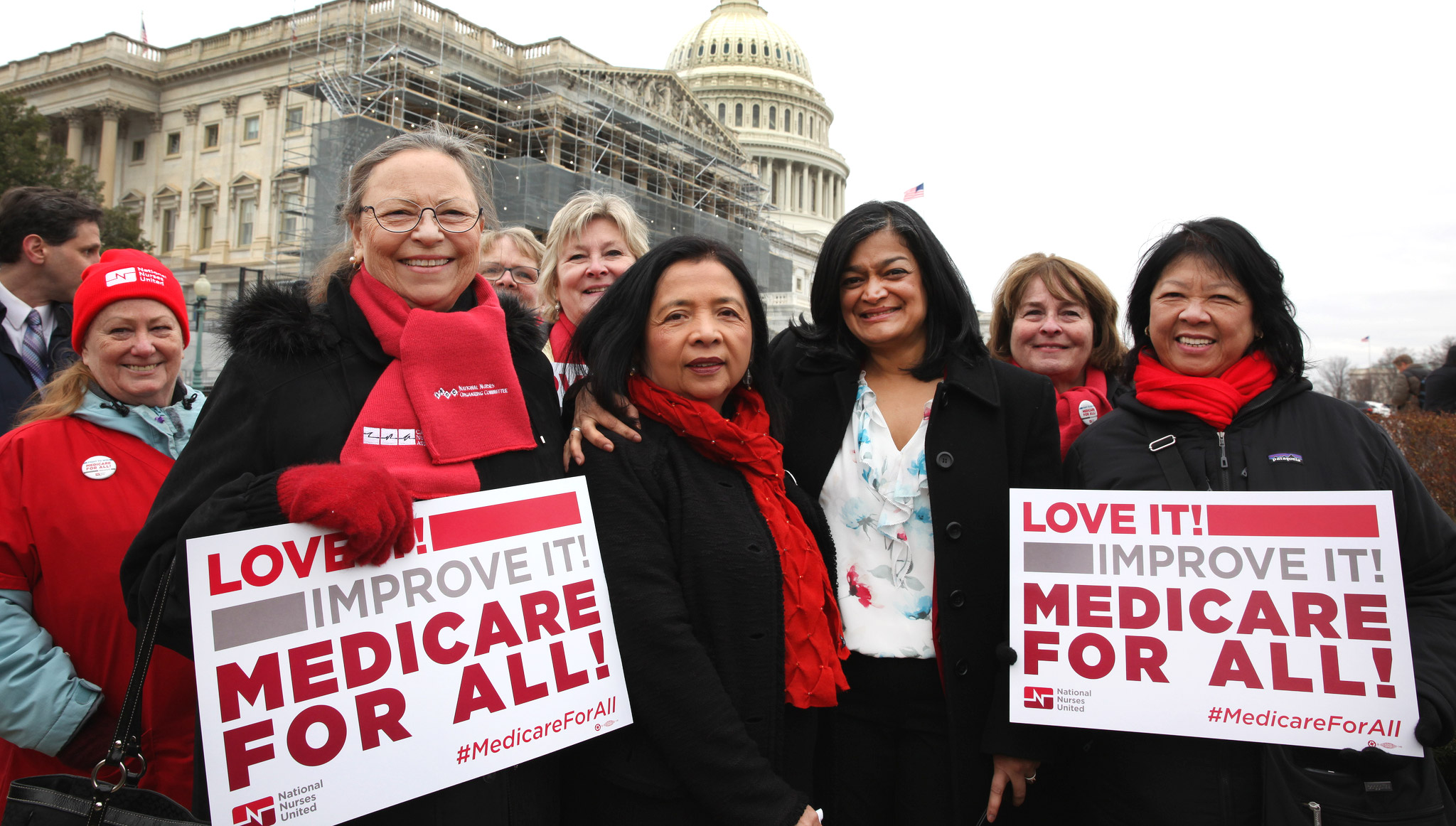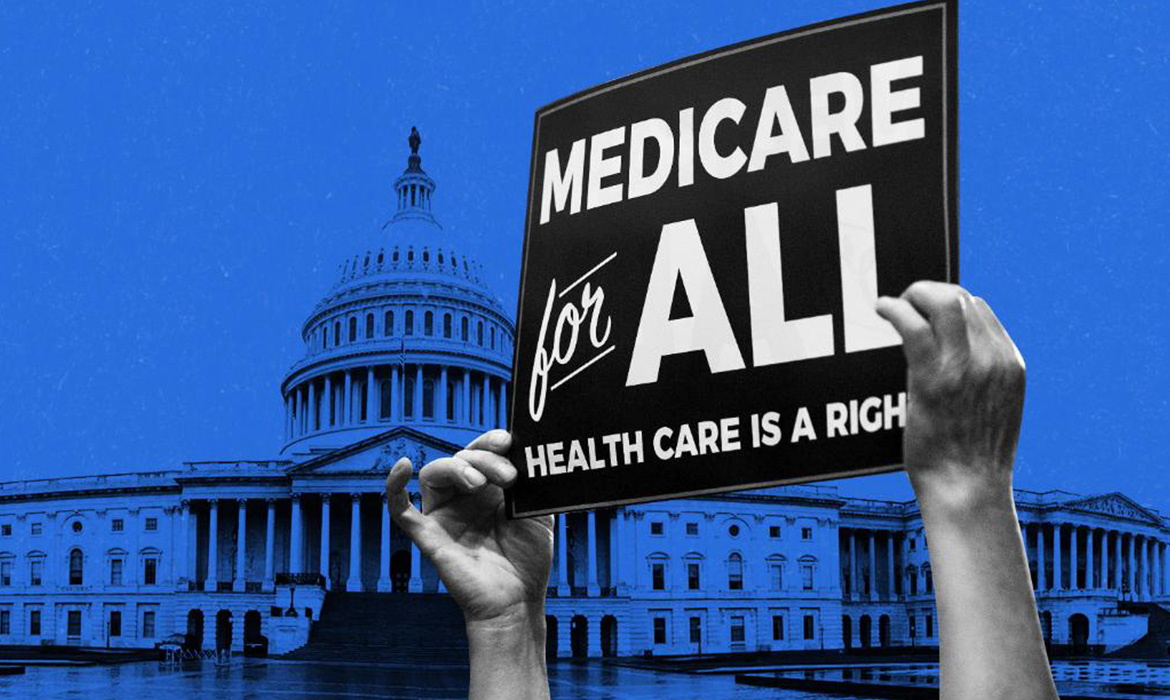
Summary
Today’s health care system fails to provide quality, therapeutic health care as a right to all people living in the United States. Nearly 30 million Americans are uninsured, and at least 40 million more cannot afford the costs of their co-pays and deductibles. The quality of our health care is much worse than other industrialized countries—the life expectancy in the U.S. is lower than other nations, while our infant mortality rate is much higher. Yet the U.S. spends more money per capita on health care than any other industrialized nation. We waste hundreds of billions of dollars every year on unnecessary administrative costs, while health care industry executives measure success in profits, instead of patient care.
The current health care system in the United States is ineffective, inefficient and outrageously expensive. It is time to remove the profit motive in health care, to resolve the inefficiencies and to guarantee quality, therapeutic health care to every person living in the United States.
The Medicare for All Act of 2019 improves and expands the overwhelmingly successful and popular Medicare program, so that every person living in the United States has guaranteed access to health care with comprehensive benefits.
Overview
- The legislation provides comprehensive health care coverage including all primary care, hospital and outpatient services, dental, vision, audiology, women’s reproductive health services, maternity and newborn care, long-term services and supports, prescription drugs, mental health and substance abuse treatment, laboratory and diagnostic services, ambulatory services, and more.
- Patients will have complete freedom to choose the doctors, hospitals, and other providers they wish to see, without worrying about whether a provider is “in-network”.
Enrollment in Medicare for All would not require any private insurance premiums or deductibles. Upon receiving care, patients would not be charged any co-pays or other out-of-pocket costs.
- Long-term services and supports for people with disabilities and older americans. Long-term services and supports will be fully covered by the Medicare for All program.
- The legislation requires that the program presume that recipients of all ages and disabilities will receive long-term services and supports through home and community based services unless the individual chooses otherwise.
- Medicare for All would simplify the healthcare system by moving to a single-payer model. This will reduce the hundreds of billions of dollars wasted on the administration of the current inefficient multi-payer system, allowing providers to focus on patient care instead.
- The legislation would prevent healthcare corporations from overcharging for the costs of their services and profiting off illness and injury. The legislation prevents providers from using payments from the program for profit, union-busting, marketing, or federal campaign contributions.
- The Medicare for All program would provide global budgets to all institutional providers to help contain the exorbitant costs present in the system today, and will allow the public to know where our healthcare dollars are being spent.
- The United States currently pays the highest prescription drug costs in the world. This legislation would allow Medicare to negotiate drug prices, as other countries do, to substantially lower the costs of prescriptions drugs.
- The legislation authorizes Medicare to issue compulsory licenses to allow generic production if a pharmaceutical company refuses to negotiate a reasonable price.
- The transition to Medicare for All would occur in two years.
- One year after the date of enactment, persons over the age of 55 and under the age of 19 would be eligible for the program.
- Two years after the date of enactment, all people living in the U.S. would be eligible for the program.
This legislation preserves the ability of veterans to receive their medical benefits and services through the Veterans Administration, and of Native Americans to receive their medical benefits and services through the Indian Health Service.
You can read the full text and get more information about the Medicare For All Act of 2019.
See If your representative is supporting Medicare for All Act of 2019
Congresswoman Pramila Jayapal (D-WA) has officially introduced a new and improved version of the House Medicare for All bill, called the Medicare for All Act of 2019.


